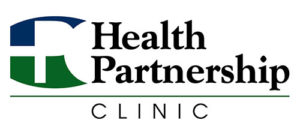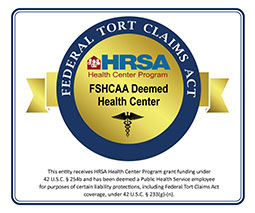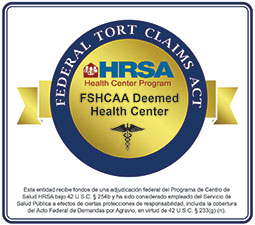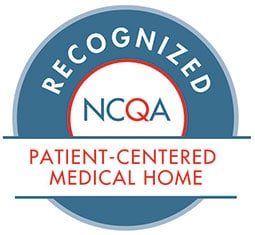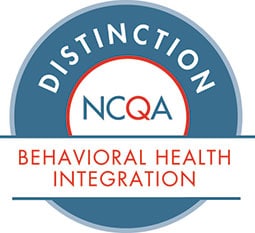October is National Dental Hygiene Month
 By Krista Lancaster, RDH, BSDH, Dental Operations Manager and Dental Hygienist
By Krista Lancaster, RDH, BSDH, Dental Operations Manager and Dental Hygienist
October is National Dental Hygiene Month and a great time to talk about the importance of flossing your teeth. This single aspect of oral hygiene is likely one that dental hygienists teach more than any other.
History of Flossing
Flossing, a term used for interdental cleaning, includes not only dental floss but dental picks, oral irrigators, and small brushes. Flossing has officially been around since 1812 when it was introduced to the world by Dr. Levi Spear, in his book titled “A Practical Guide to the Management of the Teeth.” It was not until 1874 that the first patient was given dental floss. Floss was originally made from silk making it cost prohibitive for most people. Eventually, it was recreated with nylon making it more affordable.
Flossing is a simple concept, but studies show that it is the daily practice of very few Americans. A recent study looked at information from more than 9,000 American adults ages 30 and over. Approximately one third (32.4 percent) of participants say they never floss, 30 percent say they floss daily, and 37 percent say they floss, but not regularly.
The author of the study, Dr. Duong Nguyen, a medical epidemiologist with the CDC’s Epidemic Intelligence Service, believes that increasing education on the importance of flossing is key to increasing the number of people who floss daily.
The Benefits of Flossing
 Flossing disrupts and removes dental plaque bacteria that can lead to unhealthy periodontal tissue and interproximal caries or cavities. Plaque bacteria can lead to oral health problems such as gum disease and other health complications.
Flossing disrupts and removes dental plaque bacteria that can lead to unhealthy periodontal tissue and interproximal caries or cavities. Plaque bacteria can lead to oral health problems such as gum disease and other health complications.
Research shows that more than 90 percent of all systemic diseases have oral manifestations, including swollen gums, mouth ulcers, dry mouth and excessive gum problems.
Some of these diseases include:
- Diabetes
- Leukemia
- Oral cancer
- Pancreatic cancer
- Heart disease
- Kidney disease
Regular Flossing Extends Your Life
 Research shows that flossing can add 6.4 years to your life. Flossing does two things; it prevents gum disease, and it prevents heart disease. Preventing these two diseases together is what adds years to your life.
Research shows that flossing can add 6.4 years to your life. Flossing does two things; it prevents gum disease, and it prevents heart disease. Preventing these two diseases together is what adds years to your life.
When you floss you help prevent inflammation in your gums. When your gums are inflamed you have a chronic bacterial infection in your mouth. This is harmful to your arteries in two ways, the bacteria find their way into your arteries causing plaques and your body mounts an immune response to the bacteria in your mouth, causing inflammation which can cause your arteries to narrow. This makes it difficult for your heart to do its job and can lead to heart disease.
All of this data emphasizes the need for a clean and healthy mouth. If you are not currently among the 30 percent of Americans who floss daily, Dental Hygiene Awareness Month is the perfect time to make a change.
